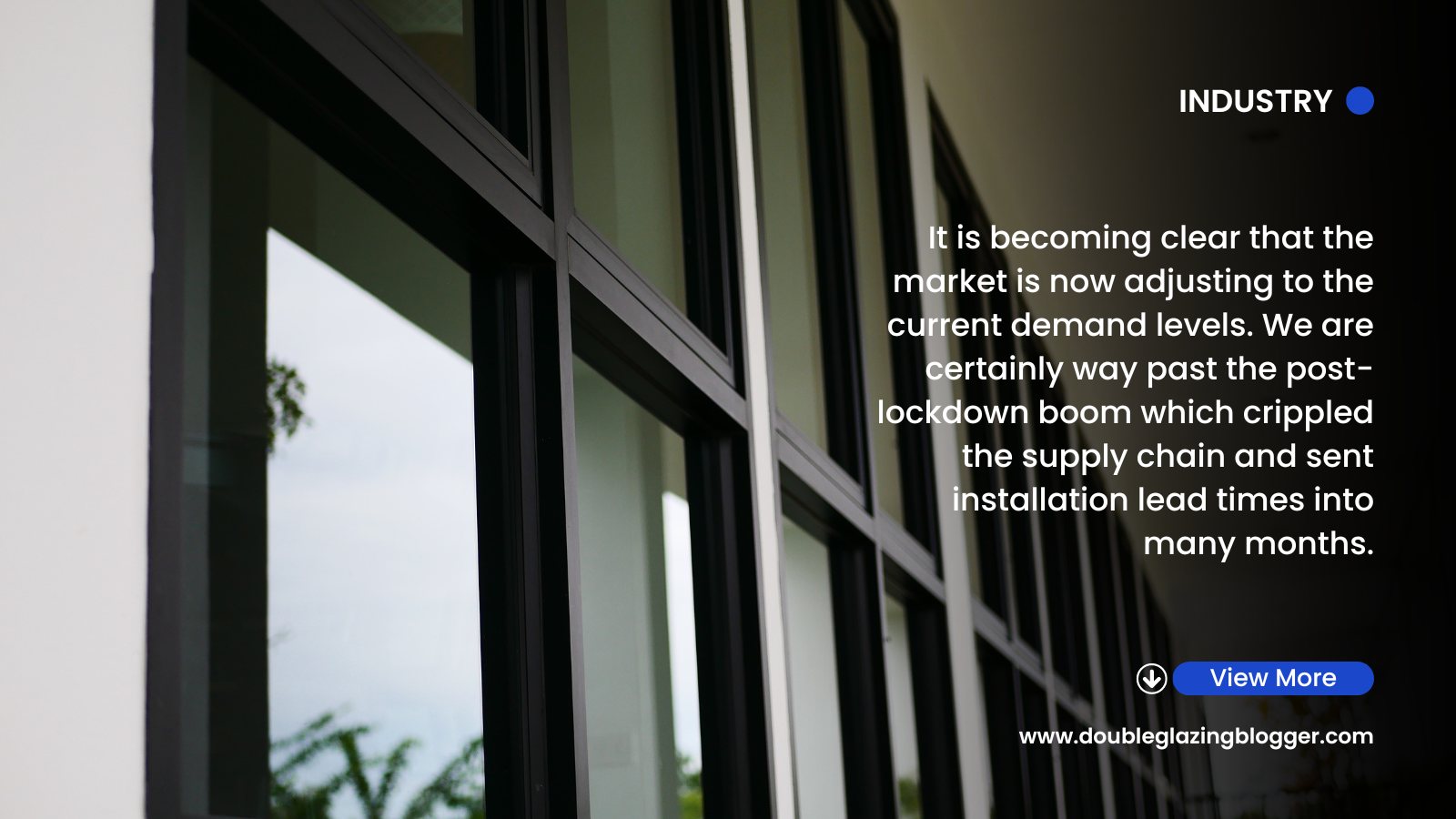Self-employed sales person? Been working for the company you’re at for a fair old while? Been taking your holidays unpaid? Well, all that could be about to change, and you might be entitled to a cash windfall as well!
Sounds like one of those annoying PPI phone calls doesn’t it. I’m not twisting your melons though. This really could be about to happen. There was a report out on Wednesday which described how a self-employed salesman who worked for a sash window company for 13 years had his legal case for holiday pay backed by the European Court.
The ramifications could be massive.
£27,000 payout
If you want to read the full article on the BBC, click here.
Basically, Conley King, said self-employed salesman, worked for a sash window company from 1999 to 2012. He was dismissed from the firm. But, the EU Court ruled that he was entitled to worker’s rights, and was also entitled to untaken leave for the 13 years he worked there. He has also brought a £27,000 claim to court for unpaid holiday pay.
The ruling now goes back to the UK Court of Appeal for a further ruling.
In response, the company he worked for, The Sash Window Workshop, said:
We would like to reiterate that at no point was he prevented by us from taking any time off for holiday or otherwise, as there was no requirement for him to request it or for us to agree to it.
The ramifications of this decision could be enormous. The UK Court of Appeal still has to make their own ruling on this matter, but this still sets a massive precedent for the whole of the gig economy, and the window industry is very much intertwined in this.
Back-pay bonanza?
Just think about the vast numbers of self-employed people the UK window and door industry uses, and has done for decades. Installers, surveyors and sales people. Plenty of which have worked, and continue to do so, for window companies on a self-employed basis. And I bet that pretty much non of them will be given the same rights as employed staff, like holiday pay for example. That is what this court case seems to be about, and the EU has ruled in the claimant’s favour.
I will say this though, if this now means that self-employed people must receive the same benefits and rights of an employed worker, what then is the point of a self-employed status in the first place? Might as well get rid of it now.
Back to the story at hand. This is a precedent which could have major ramifications for the window industry. It now seems perfectly possible for years and years worth of self-employed fitters, sales people and others to come back knocking on the doors of previous employers and start demanding money for untaken holiday leave. With this story already being in the mainstream media, I can guarantee you that this thought will already be crossing the minds of many self-employed people.
Make no mistake, this isn’t just a window industry story. This is a whole economy story. It will affect every company and every industry that uses self-employed people. The gig economy has already been in the spotlight of late, and this is a story that will not only shine the light back on it again, but may be the first time we see big financial implications for firms.
I said to my Dad not so long ago that it won’t be long before self-employment is eradicated from the window industry. More and more sales people are employed now. Not so much the fitting side, but I think that tide may change. If companies feel like they could be penalised for previous self-employment roles, or they no longer see any benefit to offering self-employed positions, they might as well employ everyone. This ruling for me sets a precedent that now eradicates the need and any advantage for a company to use a self-employed person.
I’m conflicted on this one. Rights for those who work, no matter what on what basis isn’t a bad thing. For those who are self-employed this will be a good news story, and presents a chance to claim extra money. For companies though, this could be a disaster. Especially the smaller window and door installers out there. It may only take a couple of people to come forward with backdated claims, like the one in this story, to send a small business to the wall. How many SME’s can afford to keep paying out £27,000 time after time?
Should there be a limit? How far back do you go in cases like this? Will this be used as an opportunity for people to treat businesses like a cash cow once again and seek to drain the reserves? Is this is a victory for worker’s rights? Are the days of the self-employed now numbered? All your thoughts are welcome via the comments section below.
To get weekly updates from DGB sent to your inbox, enter your email address in the space below to subscribe:







We should be clear that this has not reached the Court yet; it is an opinion of the Advocate General. Usually, after deliberation, however. the European Court will follow his guidance. This all stems from an UK Employment Tribunal decision, which found that the salesman was, in fact, an employee. We have no idea what kind of contract (if any) was in place. At the National Federation of Glaziers, one of the benefits of membership is a free copy of a recommended self-employed Sales Representation agreement, which should be in place for every salesperson who is taken on as a… Read more »
If this ruling is implemented, it will force nearly every SME to the wall, I for one will close my business with immediate effect.